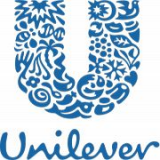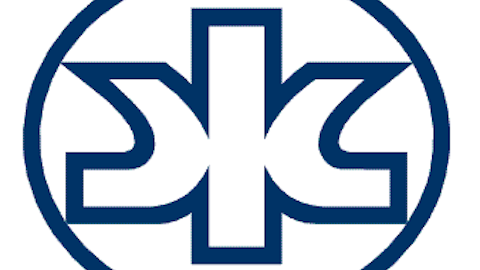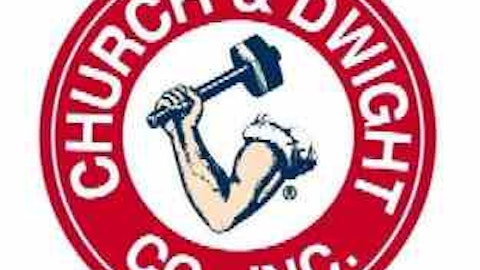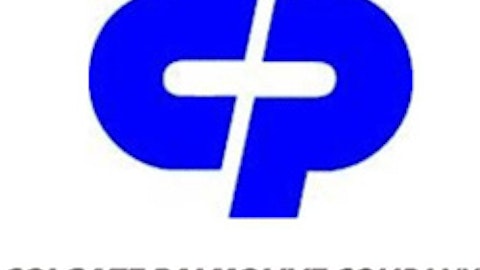 Trouble is brewing in the Western economies again.
Trouble is brewing in the Western economies again.
The U.S. economy is growing slowly at best, while the European economy is still contracting. European consumer confidence is still very low, and housing markets are worrisome. The average European is cutting back on their expenditure and is rather saving money than spending it.
This means that companies relying on these markets for much or all of their revenue can do little more than cut costs and protect market share.
If you’re a large company that wants to grow even larger, you need to be present in the emerging markets. The so-called BRIC countries (Brazil, Russia, India and China) and many other developing economies are growing at a fast clip. They have young, dynamic populations that are working hard and growing wealthier every year.
But rather than risk your money by investing directly in these volatile economies, why not hedge yourself with exposure to developed and emerging-market economies using one investment?

Founded in 1930, Unilever is the world’s third-largest consumer goods company (after The Procter & Gamble Company (NYSE:PG) and Nestle SA Reg Shs. Ser. B Spons (PINK:NSRGY)) and the world’s largest maker of ice cream. Unilever N.V. (ADR) (NYSE:UN) has nearly 400 brands in its portfolio of foods, beverages and personal care products. It owns several billion-dollar brands, including Ben & Jerry’s, Dove, Lipton and Wish-Bone.
When it comes to taking advantage of both the stability of developed markets and the growth potential of emerging markets, Unilever’s management is fully aware of the opportunity.
Sales in developed markets have grown marginally in recent years, with profit margins stabilizing above 14%. In contrast, sales in emerging markets surged 11.4%. Sales in emerging markets already count for 56% of Unilever N.V. (ADR) (NYSE:UN)’s total sales, and at the current growth rate, Unilever will be less dependent on the stalling developed markets.
Sales in Asia, the Middle East, Turkey, Africa, Russia and Ukraine have surged by almost 10% a year since 2003 to an annual total of $37 billion. Unilever N.V. (ADR) (NYSE:UN) is expanding its 52% stake in Hindustan Unilever (its India-based operations) to 75% to capitalize on India’s fast-growing middle class. Analysts expect Unilever to grow another 6% to 10% this year due to its strong presence in the emerging markets.
Even better, while most investors might be tempted to go with a stock like The Procter & Gamble Company (NYSE:PG) as a play on this thesis, I think Unilever N.V. (ADR) (NYSE:UN) is a better opportunity for investors.
For starters, it isn’t as well known to U.S. investors as The Procter & Gamble Company (NYSE:PG). That puts it under the radar — exactly where I like my investments. I find that the less well-known an investment is, the better my chances of making market-beating gains before the crowd catches on (provided the idea is good and the company executes, of course).

Unilever has nearly 400 brands in its portfolio of foods, beverages and personal care products. It owns several billion-dollar brands, including Lipton.
In comparison, the case is clearly in Unilever’s favor. The Procter & Gamble Company (NYSE:PG)’s sales grew only 3% last year while Unilever’s growth was 10.6%, thanks to its strong presence in the emerging markets. Another reason for preferring Unilever N.V. (ADR) (NYSE:UN) over The Procter & Gamble Company (NYSE:PG) is Unilever’s ratio of net debt to EBITDA (earnings before interest, taxes, depreciation and amortization) is only 1.1, which means there is enough room for capital investments and share buybacks.




